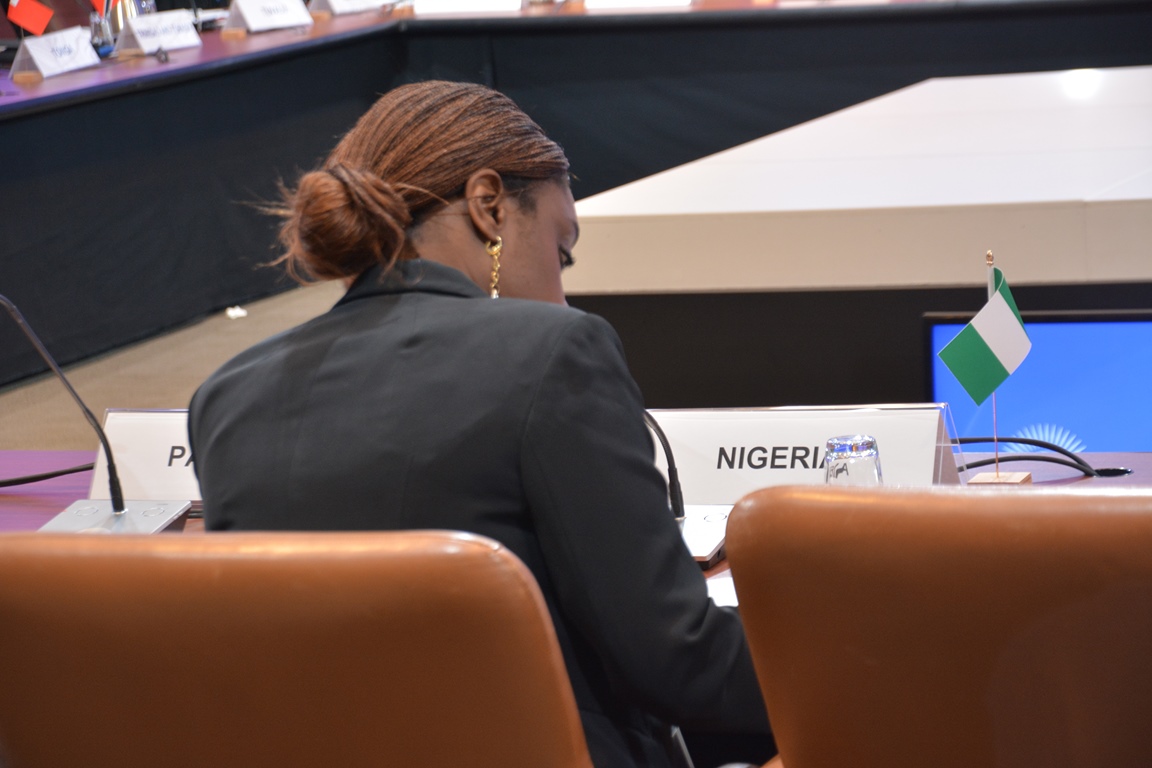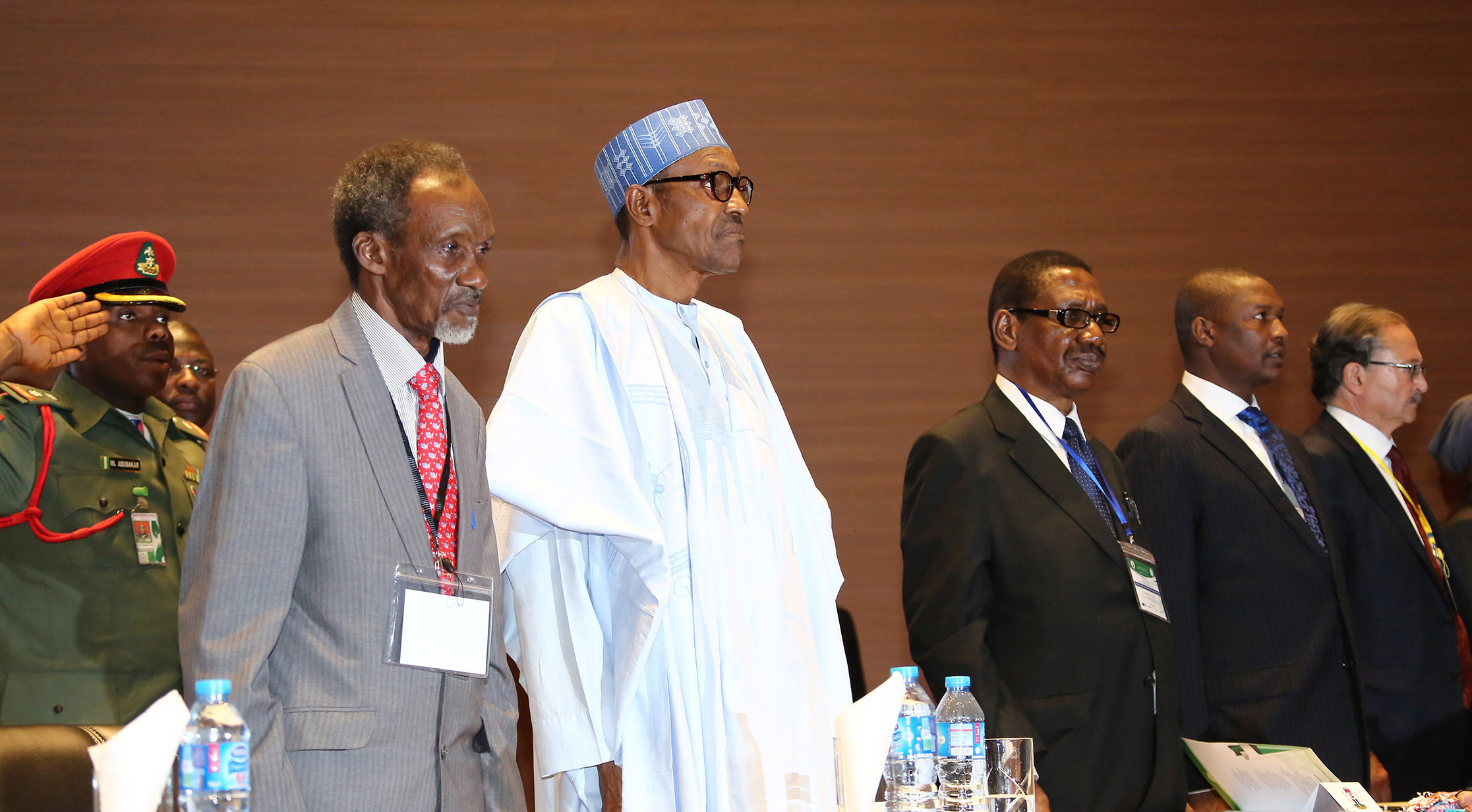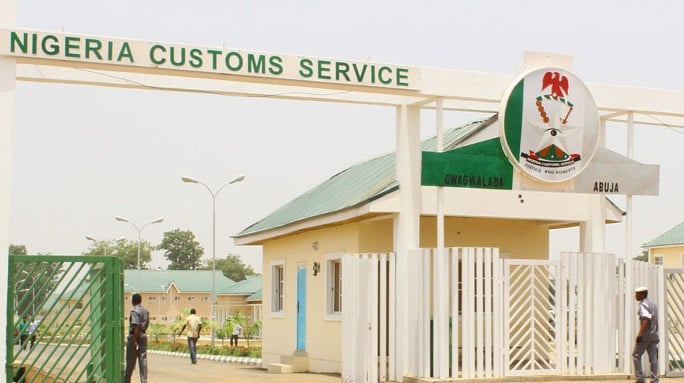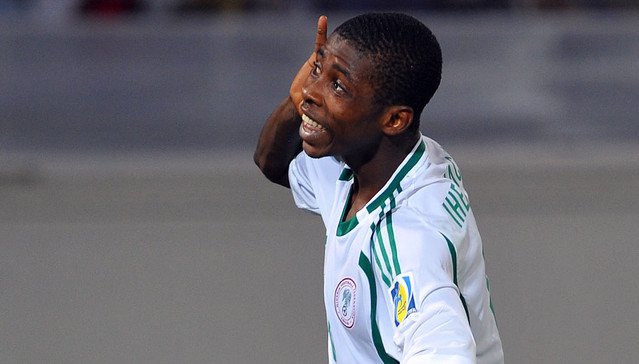
Kemi Adeosun, minister of finance, says President Muhammadu Buhari’s administration’s investments in infrastructure will unlock the desired growth in the country.
Speaking during an interview with CNBC on the sidelines of the ongoing IMF/World Bank annual meeting in Washington DC, Adeosun said the federal government was making a significant progress in its negotiation with the World Bank and the African Development Bank for budget support.
“We have applied for budget support facility from the World Bank and with the AfDB. AfDB is at the advanced stage and for the World Bank, we have submitted a letter of development policy,” she said.
Advertisement
“Hopefully we are going into negotiation as next steps here. We are therefore on course with raising the concessionary financing we wanted.
“What we have is budget support facilities, which we designed ourselves. We are on course. We are going first to domestic market, followed by the concessionary market, then to the Eurobond market; we are very much on course.”
She reiterated that the federal government had already spent about N770 billion on capital since the time the budget was passed in May and that the government was planning the next release.
Advertisement
According to Adeosun, “this is being funded by a combination of our IGR and the money raised from domestic market, which will be complemented with what we will raise from international market”.
She expressed confidence in the ability of the federal government to achieve its economic plan within the set time frame.
“When we started this journey, the plan was around fiscal consolidation and trying to remove the economy from consumption-driven to investment-driven. We are beginning to see the dividends in terms of reducing our recurrent expenditure, with releases into fiscal space to allow us take care of infrastructure.
“It is the key to growth and on the fact that the money was released to major projects: roads, rail, airports etc. Infrastructure will unlock the needed growth in the economy .”
Advertisement
STABLE OIL PRICES IS GOOD NEWS FOR NIGERIA
“The oil price has stabilised, of course a good news in the short term and in the middle term. We expect the oil price to be stable; it is good for us. We need predictability of revenue. One of the problems we face now is that oil price is very volatile and our revenue is volatile. predictability will enable us plan,” she said.
“We have learnt our lessons, we have seen the oil price go up as high as $110 in the past and the lesson we have learnt really is it is not about how high the oil price is or how low but how well we spend the money and then we have spent a lot of time to reform how we spend.
“In terms of our planning, we have been conservative. I believe benchmark staying well below $50 so that we are safe and we are not subject to any fluctuation in oil price.”
Advertisement
She said that apart from dealing with some of the issues in the Niger Delta region, there has been a fundamental change in how the government finances the oil industry.
“In the past, there were joint ventures which were funded from the treasury and it is called the cash-call arrangement. We need to get out of cash calls.
Advertisement
“There is private money available which can be used to fund oil exploration and we have signed agreement through the NNPC with oil majors to do the modified arrangement where we borrow money from the local market, pay for further private capital and we will get oil output. More importantly for us, it releases the output because one of the challenges in Nigeria was that we were not meeting up with the cash call arrangement; we couldn’t meet our obligations and that means the quantity of oil we could have been producing, we weren’t producing it. By moving out into the private space where there is money, I don’t see any reason why we wont be able to meet our quota.”
She also expressed the belief that Nigerians would soon begin to see the flexible exchange rate regime of the Central Bank of Nigeria.
Advertisement
INVESTORS WILL COME IN
“Companies will come and open their factories if for example, they know that the ease of doing business, getting a company registered has become a lot easier and the minister for trade and investment has made a commitment to sorting out some of those bottle necks that are actually stopping investment coming in, so we are confident that flows will come back and that will ease up the foreign exchange challenges.”
Advertisement
She said the US Federal Reserve’s hiking of rate would not affect the Nigerian economy negatively in view of the plans being put in place by the current administration.
“We looked at the market and we have got negative interest rate in Japan, a lot of pension money on a negative rate, am not sure how much the Fed will do that will harm those flows.
“We saw the Ghana deal, that closed four times oversubscribed. I think that’s appetite for Africa, for African investment and I think as long as we can put together a compelling macro investment story, I think there is enough money out there to meet our needs.”







